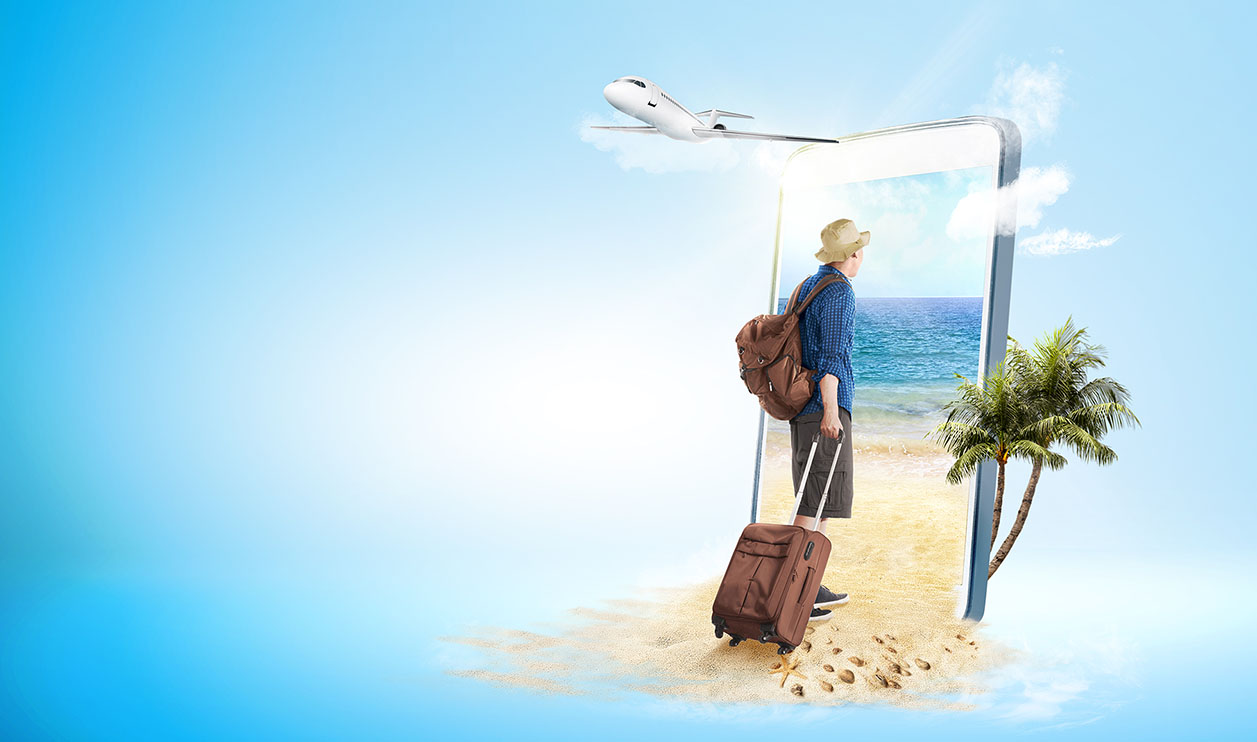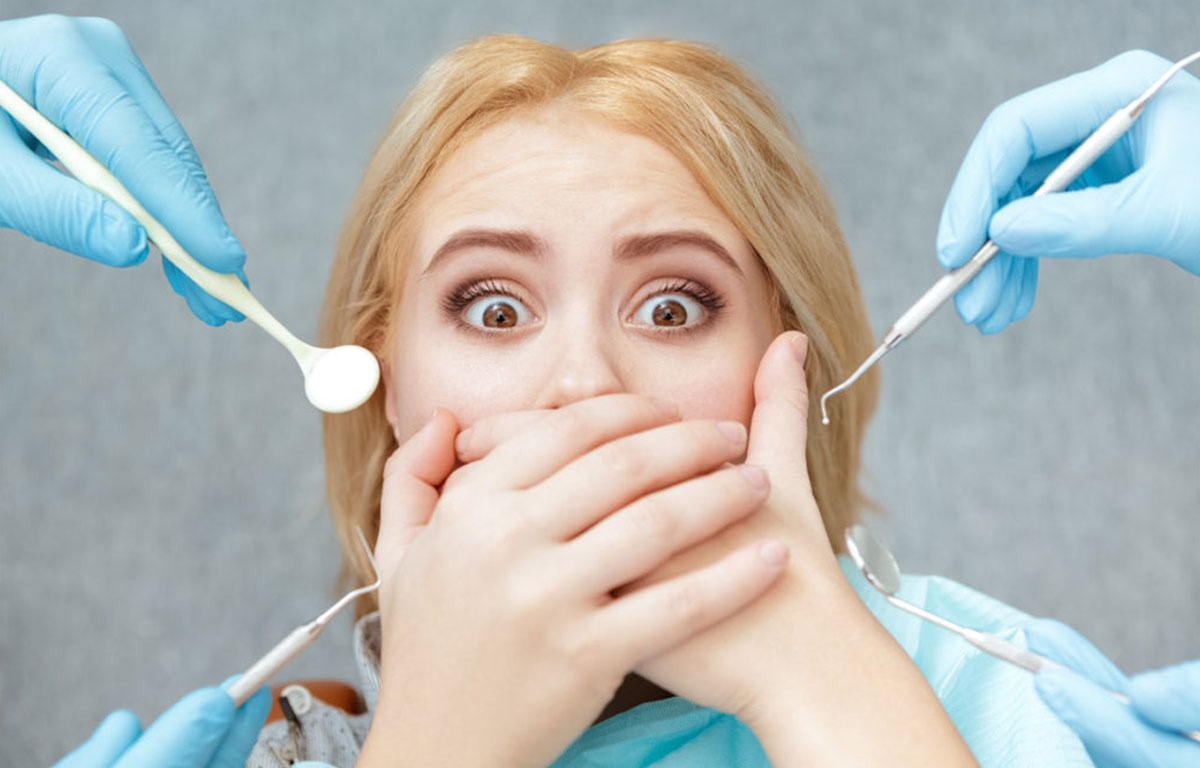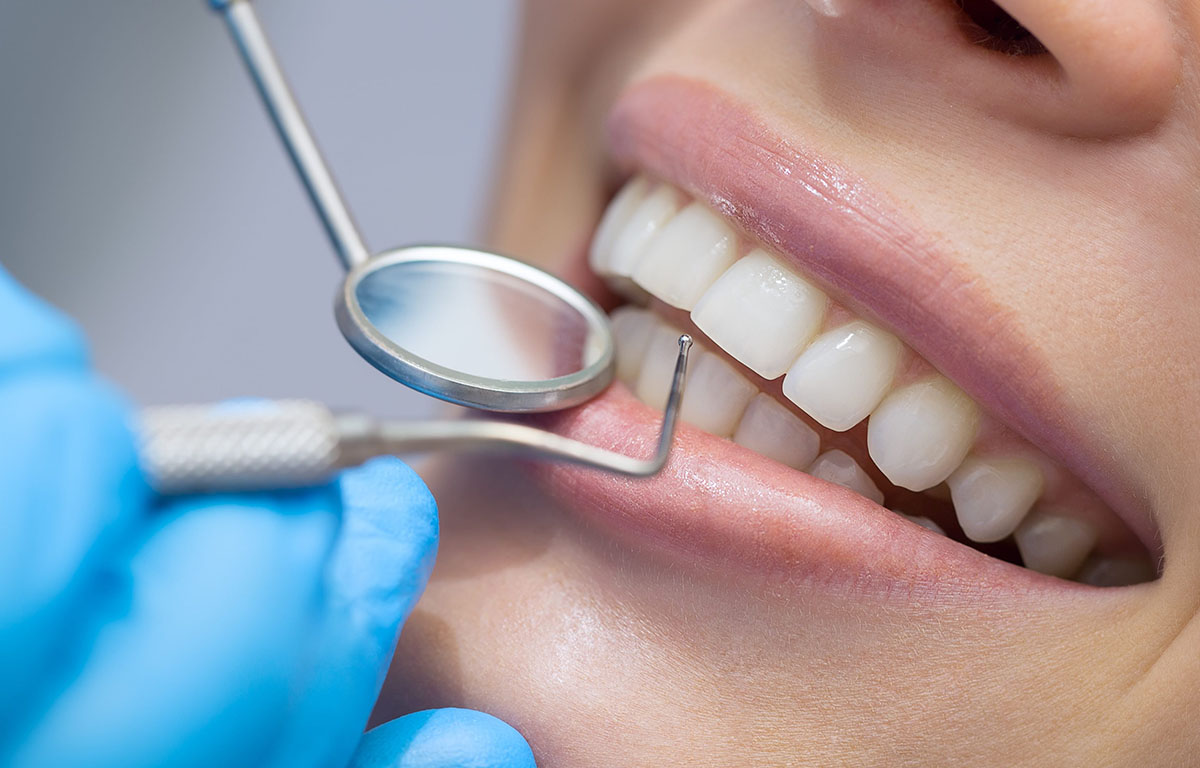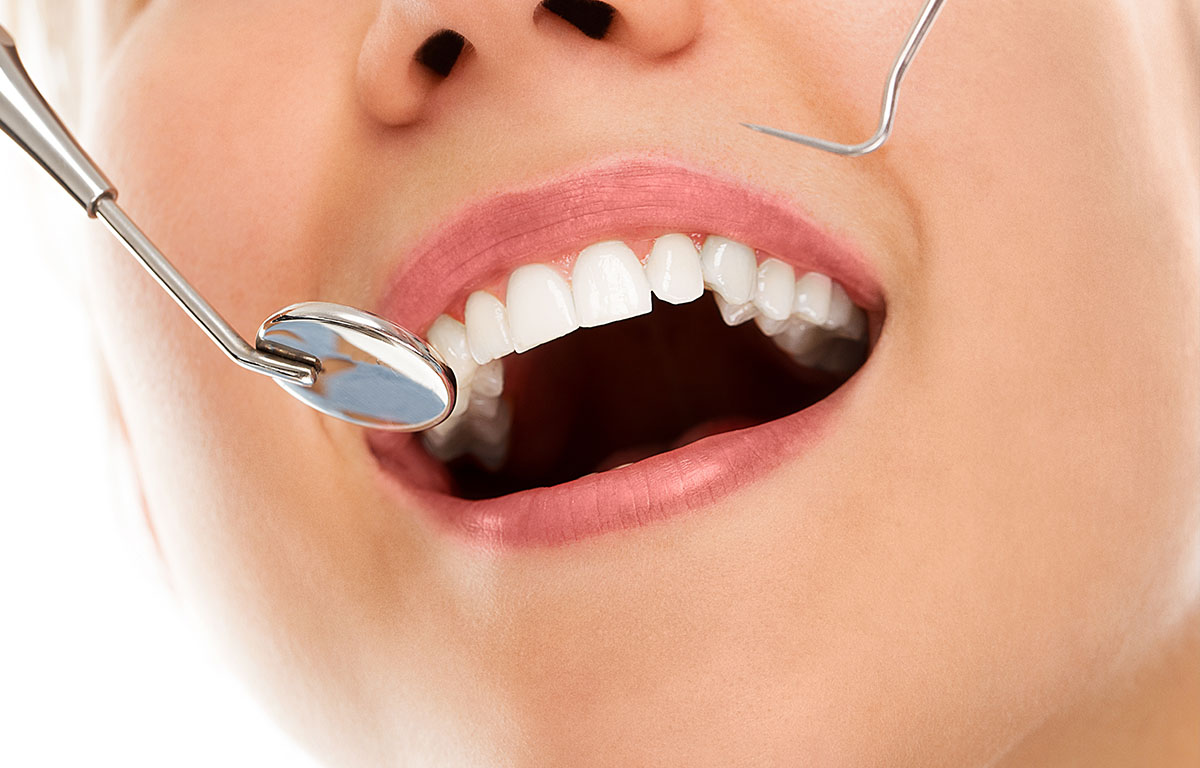
Worth the Trip? A Look at Dental Tourism
Dental tourism is a fast-growing field of medical tourism. It, essentially, revolves around people traveling to foreign countries to get lower-cost dental care, often combining it with the the tourist experience of their destination. With the world becoming more connected and the market more competitive, dental tourism is growing 15% annually in Europe. If you are amongst those opting for spending their vacations getting the needed dental care abroad, here’s a couple of things you should know.
With dental costs on the rise, a vast number of people across Europe and the USA are finding it difficult to afford proper dental care, especially when it comes to more complex procedures. This is the main reason people are turning to spending their holidays in destinations that offer them the same quality of dental services at lower price rates. There are different reasons why the prices in some countries are lower than the others, but in most of the popular dental tourism destinations it’s due to lower labor and real estate costs. Dentists in these countries can afford themselves to have lower prices than their colleagues in big centres of Europe and USA, while providing the same quality of dental work. Of course, this is not always the case. Check out our other blog post to find out what you need to know before booking your dental holiday.
Another big reason for choosing to have your dental care needs met abroad is the unique tourist experience that your destination offers. Partially the reason for such a big growth of dental tourism is that the dentists and companies offering these services saw the potential in making low-cost holiday arrangements that offer both high quality dental work and tourist experience of the country. This turned out to be a win-win combination, since people like to have a chance to visit and explore a foreign country, while also having their dental problems solved by certified experts.
Benefits of seeking dental treatment abroad
There are many benefits of dental tourism, the first of those being the chance to get some complex dental procedures done at way lower price rates than in your own country. Another upside to the pricing system is its transparency – many clinics will give you the estimated cost of the treatment upfront. Dental clinics involved in dental tourism can often be more caring and attentive towards foreign customers and provide high quality services, using the best materials, since they want you to be satisfied and refer them to your friends back home. Also, there is no waiting – the clinics will adjust their schedules to your plans, so that you can take maximum advantage of the time spent in their country. And, of course, we shouldn’t forget about memorable tourist experience, getting in touch with local culture, visiting attractions and restaurants and other exciting activities that your destination offers.
Possible risks of dental tourism
When it comes to your health, it’s clear that you have to be extra-careful when seeking help outside your home country. Traveling abroad for dental services carries a couple of risks, primarily when it comes to the materials being used in your procedures and the experience of the dentists that will be treating you. Make sure to do your research on time and get the information about clinics, doctors, their certificates and the materials they are using. Today’s standards in dental tourism industry are pretty high and you shouldn’t be afraid of receiving bad treatment, but it’s always good to do as much as possible on your side to make sure you get what you pay for. Also, make sure the clinics you choose have legal patient insurance and that they have a system to assist dissatisfied patients and follow-up after the treatment. There are bad clinics in every country, so be careful when choosing the one for your dental vacation.
If you are in need of a dental treatment and want to get high quality services at lower price rate, consider visiting beautiful Bosnia and Herzegovina, and let Dental Tourist be your guide to your brand-new smile!
Ready for your annual vacation? Did you schedule your snorkeling excursion? Your museum tours? Your root canal? Wait … what?
When you think of tourism, you probably think of tropical beaches or famous attractions in a foreign city. But some people plan their vacation around dental tourism.
Here’s what you need to know about this unique way of traveling, including the why and where of dental tourism. (Plus, the downsides.) And we’ll provide ways to get lower-cost dental care without a passport.
Reasons for Dental Tourism
The Washington Post looked at data from the U.S. Bureau of Economic Analysis to report on U.S. citizens’ dental and medical tourism expenditures. From 2008-2018, spending increased about 29 percent, with 2018 showing $2.6 billion spent.
Why do tourists travel to foreign countries to seek dental care? A couple of reasons stand out.
Reason One: low-cost dental care
Dental care in the United States can be expensive, even with insurance. Dental tourists spend less in another country, even with travel, lodging, meals, and incidentals added to the dental bill. The Washington Post article noted an 18 percent savings that included a dental procedure plus travel expenses. The Ontario Academy of General Dentistry reports that procedure savings alone can range from 40 to 75 percent.
Dental care costs can be less expensive in foreign countries due to:
- Lower labor and real estate (office) costs due to a lower cost of living
- Less expensive malpractice insurance or no mandates on buying malpractice insurance
- Much less student loan debt incurred by dentists
Reason Two: combining pleasure and unique experiences with low-cost dental care
You might be able to secure low-cost dental services in the U.S. (see below). But can you see Egyptian or Mayan pyramids, Machu Pichu, the Roman Coliseum, or giant Buddha statues?
Also, some dental destinations provide resort-style accommodations along with dental care.
You might opt to have your dental procedure when you first arrive at your location – and recover while seeing the sights. That can also allow you any follow-up visits while you’re there.
Popular Destinations for Dental Tourists
Dental tourism has become so popular, there are now dental travel agencies you can find on the web. As with any travel agency, dental travel agencies specialize in finding the best spots to fit your needs.
Since many countries want people to leave with a positive experience, some dental offices promoting tourism have:
- Upgraded their facilities and equipment
- Hired U.S. dental school graduates
- Started providing English-speaking staff
- Became American Dental Association (ADA) members (Yes, the ADA has an international membership branch, the members of which are subject to the same ADA standards as in the U.S.)
In fact, when seeking a dental tourism spot, it’s probably a good idea to look for an ADA membership.
Countries promoting their destinations for dental tourists include:
- North America: Mexico, Costa Rica, Guatemala
- South America: Chile, Colombia, Ecuador, Peru
- Africa: Egypt, Morocco
- Asia: India, Malaysia, Philippines, Thailand, Turkey
- Europe: Croatia, Hungary, Iceland, Italy, Poland, Serbia, Spain, The Czech Republic, Ukraine
Downsides of Dental Tourism
While dental care costs less in dental tourism destinations, that doesn’t mean traveling for care is best for you. There are potential downsides – and even dangers – associated with traveling for dental procedures.
Dental Standards: Standards for foreign dental practices might not be the same as those in the U.S. For example, infection control standards can vary widely. The Organization for Safety, Asepsis and Prevention (OSAP) provides valuable information and checklists to consult before you travel.
Language Barriers: If dental professionals in other countries speak little or no English and you don’t speak the country’s language, misunderstandings can occur that might be problematic. Check on the languages spoken at your dental tourism office.
Care Continuity: If you receive dental care in another country, the foreign dentist might not know your dental history. When you return, your own dentist might not know what treatment you received or why it was performed.
It’s best to forward your dental records to your foreign dental office. And for a proper follow-up, forward your foreign records to your own dentist.
Issues Within Specific Countries: Check out Centers for Disease Control (CDC) information on vaccines needed, safe travel tips, and health notices for dental tourism countries. And visit the U.S. Department of State site for travel advisories and U.S. contacts once you’ve arrived.
Ways to Save Money for Dental Care
Affordable dental care within driving distance isn’t out of reach. There are plenty of low-cost (or free) dental options in your own backyard.
Dental and Dental-Related Schools: At dental schools, future dentists provide supervised care at a reduced cost, usually based on a sliding income scale. Depending on the school, dental students offer services like root canals, crowns, and even orthodontics.
Dental hygienists are on the front line of preventative dental care. So, check out local dental hygiene schools for free or low-cost checkups and cleanings.
Promotional Rates and Student Discounts: Ask your dental provider about special rates and discounts. If your family has a unique need, your dental office might be able to help or refer you to foundations for financial support.
Plus, ask your dental office about setting up a payment plan or financing before a procedure. Even if you won’t save money, it might ease your financial situation to make monthly payments rather than pay your bill in a lump sum. After all, they want their communities to be all smiles.
Your Home Oral Care Routine: Prevention is a key part of saving money at the dentist. Be sure to:
- Brush with fluoride toothpaste twice daily.
- Clean your teeth daily by flossing or using an interdental device.
- Visit your dentist regularly.
- Avoid sugary foods and drinks, especially when snacking.
Traveling for dental care might save you money and seem like a pleasurable way to combine travel and dentistry. Just make sure you do your research on dental tourism destinations – the specific dental practices and their countries. You deserve affordable, high-quality care wherever you are.
Send Us Your Enquiry
Frequently Asked Questions About Dental Health
FAQs
Our FAQs are the most commonly-asked questions put to our Dental Helpline over the last year. If you have a question for us, you can ask our Dental Helpline by telephone or email. Alternatively, please take a look at our library of oral health information, which contains a wide range of oral health advice in an easy-to-understand Q&A format.
Yes. A lot of people who have sensitive teeth have exposed tooth roots surface. When we do in-office whitening, we protect the exposed roots and gum tissue from any bleach, and this eliminates sensitivity during whitening. The alternative is to do whitening at home. We would do a desensitizing treatment and give you a toothpaste for sensitivity before we send you off to do everything on your own.
Many people are scared of the local anaesthetic injection needed to numb the tooth. Again, be sure to tell the dental team that this is something that bothers you. There are anaesthetic gels that can be applied to the area of the gum before the injection. This gel numbs the gum so that you cannot feel the needle.
Bridges are ideal for people who don’t like dentures and only have a few teeth missing. Bridges are usually made by putting a crown on the teeth on either side of the gap and attaching a false tooth in the middle.
The bridge can’t be removed. These bridges are usually made of precious metal bonded to porcelain. Sometimes other non-precious metals are used in the base to give it extra strength.
Yes. However, because a ‘dead’ tooth is more brittle, you may need to have a crown to provide extra support and strength to the tooth.
Your Best Smile Starts Here
Follow along as Antalya Dental Hospital expert dentists share the latest oral health trends that impact you and your family’s overall health. Dentistry and Oral Health Blog is a rich source of information about dentistry, dental care, tips, news and more. Subscribe to our blog, newsroom and social media.







